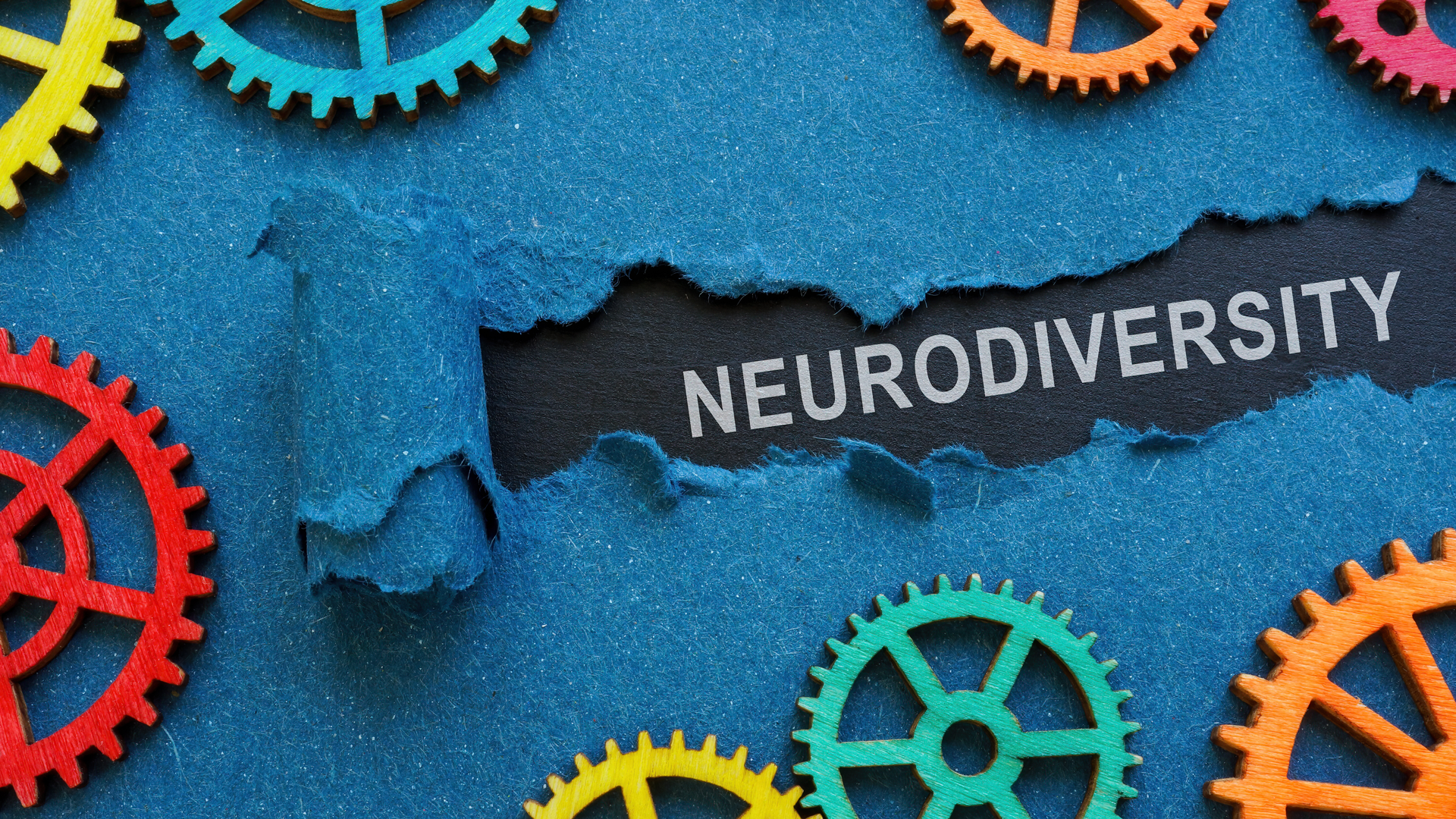Debbie Mawer offers some insight into the importance of neurodiversity
Struggling to find and retain the right candidates is one of the biggest challenges businesses are facing in the UK today. Add in the impending Brexit and many companies will be increasingly worried about a situation that they see only getting worse.
Current HR trends see businesses relying increasingly on contract workers and some see the subsequent growth of gig economy workers as a new powerful workforce. But the headache of staff turnover and lack of engagement with business objectives will surely only stifle any chance of future growth.
There is a very obvious talent pool that is lying largely untapped – namely those who are ‘neurodiverse’. Neurodiversity refers to the different ways our brains are wired. This tends to get labelled – and often negatively. But labels such as dyslexia, autism, ADHD, and other conditions should be thought of as offering new perspectives through a different way of thinking.
For instance many people with Autistic Spectrum Disorder (ASD) have core skills including being detail-focused, are able to remember large quantities of data, and have an ability to solve complex problems.
This difference can stimulate a fresh approach to business with new insights and ideas to deep-rooted problems and can even lead to the development of very highly specialised skills. This type of analytical thinking is relevant across many industries but is traditionally hard to source in the market.
There is a very obvious talent pool that is lying largely untapped – namely those who are ‘neurodiverse’.
While big organisations like Google, Microsoft and the BBC have already started to embrace neurodiversity, according to the CIPD a whopping 72% of UK employers have workplace policies that disregard neurodivergents.
The first step in recruitment is often the most common barrier to neurodiversity. The initial job advertisement can be immediately off-putting through its ambiguous use of language. Neurodivergents tend to take a very literal interpretation of information, so ads must avoid jargon and have a simple description.
Also if the role really doesn’t rely on excellent communication skills then don’t identify this as essential as this could deter those that struggle with written or verbal reasoning from applying. Adding a statement within the advert that shows you are willing to accommodate different thinking styles will clearly signal you are an inclusive company.
At the interview stage, adjustments may well be required to the conventional format. Don’t ask over-complicated questions, spring unexpected tests or expect applicants to respond to written information with insufficient time.
Be aware of ‘first impressions’ and avoid judging unconventional body language or an apparent lack of social interaction skills. Consider alternative assessment methods such as work trials, practical assessments or mini apprenticeships, since these will focus on the applicant’s ability to perform the job role not conform to social norms.
Performance and progression are areas in which employers struggle with inclusivity – and not just for neurodivergents. The best approach is to provide ways for employees to grow personally and professionally and encourage empowerment, motivation and commitment.
RELATED CONTENT
This can be delivered through a progressive development programme that is generally managed through an organisation’s learning and development department.
As an example, employees can be encouraged to create “inches” – which are small steps that they can take to help them reach their goals – and identify their “sweet spots”, the things they’re great at. And employers can identify the ‘Big 3’ things they need to achieve to keep them on track.
Introducing these steps can really make a positive impact on an employee’s development and subsequent engagement with the business.
There are also tools to physically help people. For instance there is potential for all employees to access to Read & Write literacy software. They can use what helps them, such as reading out emails, text prediction, picture dictionaries and highlighters. And it is possible to turn learning material into podcasts for those that learn better that way.
It is vital for businesses to embrace diverse perspectives, work experiences, lifestyles and cultures because it reflects the make-up of the world today, how relationships are made and communication is understood. This can only enhance the customer experience organisations deliver.
The more businesses that welcome neurodivergence into their workforce, the more chance there is of developing an ‘home-grown’ creative, analytical and scientific minds to secure the nation’s economic future growth.
About the author
Debbie Mawer is the director of people and culture at Claims Consortium Group




